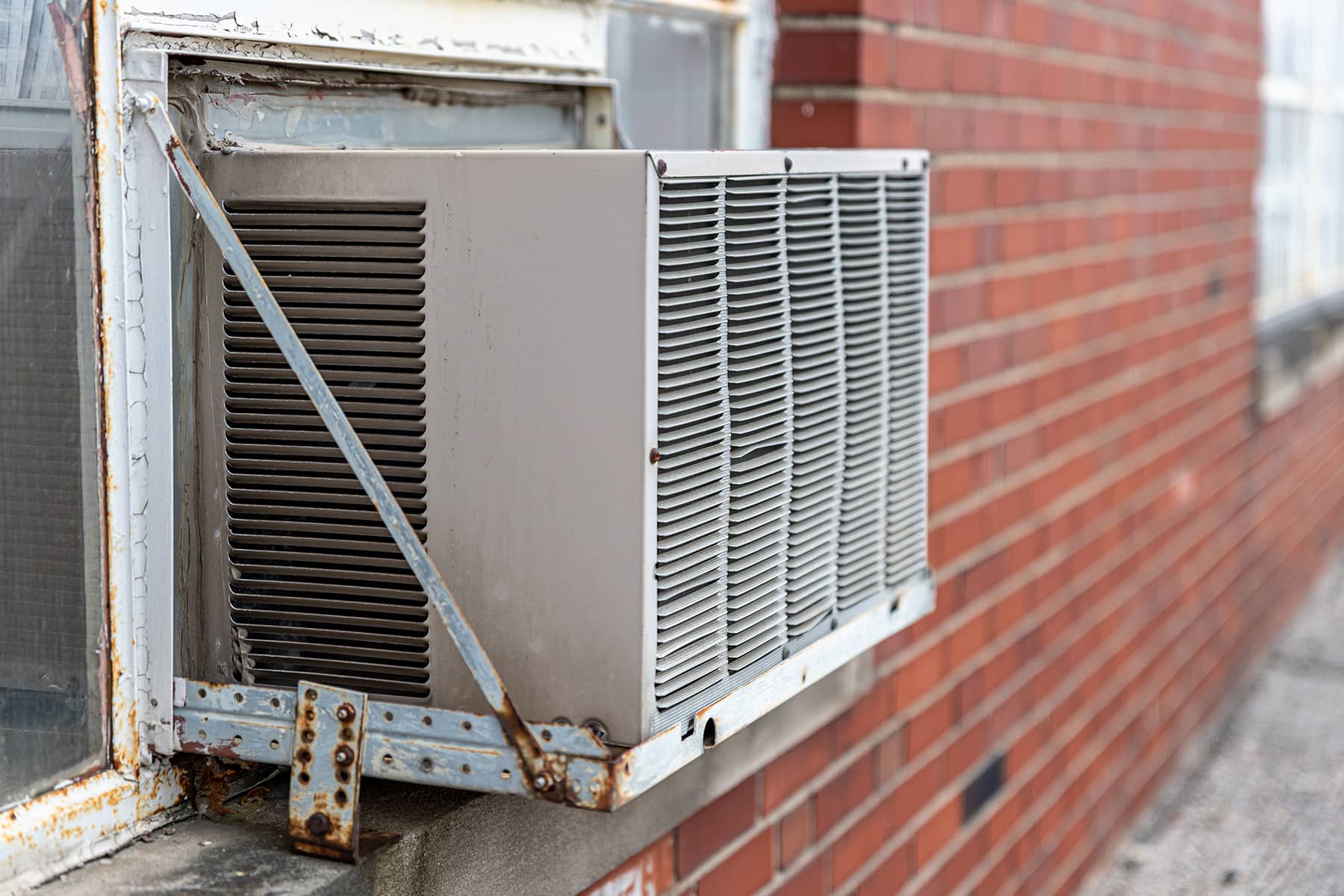If it’s not until a hot day arrives that you find out there is a problem with your unit, you may have to wait a long time to have it fixed. Picture Shutterstock
WITH a wet and cool spring, chances are you haven’t thought about your air conditioning unit all that much lately.
Think again if you want to beat the heat (when it eventually comes) with the flick of a switch.
According to Tony Gleeson, most of us try to hide or disguise our units, which is why we forget to service and maintain them.
The chief executive of air conditioning peak body AIRAH (Australian Institute of Refrigeration, Airconditioning and Heating) says now is the best time to service your unit.
“We are going into the busiest period of the year for the air conditioning and refrigeration industry,” he says.
“If you wait until a 40-degrees day to turn your air conditioner on, and only then find out there is a problem, you may have to wait a long time to get someone to fix it.”
When your air conditioner is installed, the installer should provide instructions and a schedule of recommended maintenance.
Consult a fully licensed refrigeration and air conditioning technician (also known as a ‘fridgie’) for frequency of maintenance.
That will depend on your unit type, how it is used (for heating and cooling or just one or the other) and the conditions (which climate you are in, for example).
Which unit best suits your needs?
There are different types of air conditioning units for various climates.
Evaporative air cooling systems are more effective in drier parts of Australia, such as Canberra.
These systems draw air over wet pads and surfaces. This results in the evaporation of water into the air, which reduces the air temperature and increases its moisture content. The cooled humidified air cools the inside area before exiting through open windows.
In more humid climates, such as Sydney and Brisbane, a reverse-cycle air conditioner is more effective. Modern split-system air conditioners do double duty by cooling and heating, whereas an evaporative air conditioner only cools.
For help selecting the right air conditioner for your home, jump on to fairair.com.au, which gives independent technical information about home cooling and heating products. It includes interactive guides and calculators.
